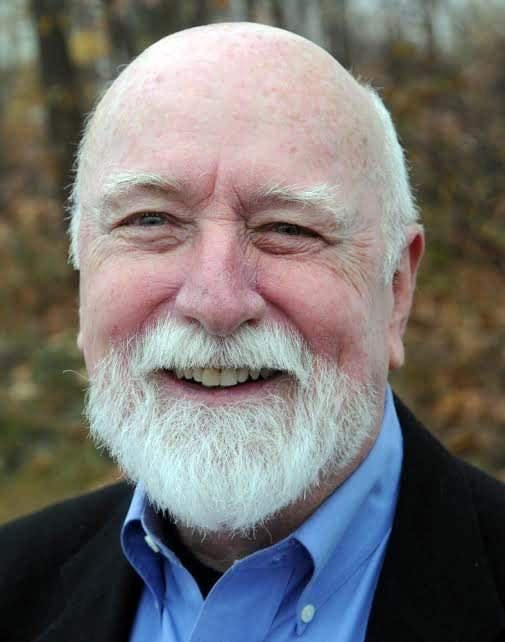The Observer: The people who died too soon because of COVID
The total number of U.S. COVID fatalities just passed the million mark. This, along with an uptick in new COVID cases, has turned my thoughts to death and dying. More precisely, I have been thinking about what demographers call excess deaths.
Excess deaths is a calculation of the difference between the number of people who died in a given region during a given time period and the number of deaths that would have been expected if a disease outbreak or natural disaster had not occurred.

Consider Maine. The number of people who die in Maine in any year is fairly predictable; not consistent or identical week-to-week, but generally predictable. Since January 2017 an average of 288 Maine residents have died each week.
During that 5 plus year time period, the fewest deaths in a given week was 231 (the week ending July 29, 2017) and the greatest was 364 deaths (the week ending December 11, 2021). As you might surmise, there is a seasonal effect on the pattern of mortality. In Maine more people die in winter than in summer.
The Observer: Leaving the country and coming back
It is possible to hypothesize the death rate for each week of the year and to predict how many people will die during any one of them. Algorithms can predict mortality rates for states and for countries as well. The National Center for Health Statistics publishes these data for the U. S. You can look this up on the CDC’s website.
If you tally the number of deaths per week in the period from the first week in January 2017 through March 2020 — the week of the first recorded COVID death in Maine — you will find that 282 deaths occurred on average each week during that 3 plus year period.
Column: York Town Hall records vault is home to priceless gems of history
You might expect a similar count for any comparable period but if you count the number of actual deaths per week following that first week in April 2020 through the end of April 2022 (the last month for which these data are available), you will find an average of 297 deaths per week.
The difference between these two numbers, while not the product of a complex algorithm, does offer a rough approximation of the extra deaths per week occurring in Maine during the pandemic. Think of these fifteen people per week as those who died too soon.
This calculation does not tell you who would be alive today were it not for COVID, but it does suggest that during the first two years of COVID 1,600 more Mainers died than might have been expected to die had all other things been equal.
'We must not grow numb to such sorrow': COVID death toll in US reaches 1 million
The Maine Center for Disease Control & Prevention (DHHS) reported that as of last week, 2,330 people in Maine have died with COVID. Presumably, some of these deaths would have occurred irrespective of COVID, due to patient co-morbidities or other factors.
The same analysis can be conducted for each state and for the country as a whole. Some states (e.g., Mississippi) have high excess death counts while others have very low counts. In 2020, Mississippi’s excess death rate was five times that of Maine’s which had the second lowest rate in the country at that point (March 1, 2020-January 2, 2021).
Further, some demographers suggest that the actual number of deaths resulting from the pandemic is higher than officially reported. Not all these excess deaths were caused directly by COVID infections. Some may have resulted from such things as delayed or cancelled treatments because of COVID-caused disruptions to medical care, staffing shortages, etc.
The Economist has published several articles on COVID. The magazine concludes that excess deaths in the United Staes are somewhere between 350 and 400 per 100,000 people. This means that the U. S. death toll attributable to COVID is not one million but perhaps as high as 1.3 million. This same model suggests that the number of COVID deaths worldwide is well above the official count of 6.3 million; maybe as high as 21.2 million. That is a lot of deaths; nationally and globally.
The poet Mary Oliver, who died before her time in 2019, offers a way of thinking about this in her poem “The Summer Day.” “Doesn’t everything die at last,” she wrote, “and too soon?” Too soon, yes, and millions of those dying since 2020 would not have died so soon had it not been for COVID.
Ron McAllister is a sociologist and writer who lives in York.
This article originally appeared on Portsmouth Herald: The Observer: The people who died too soon because of COVID
